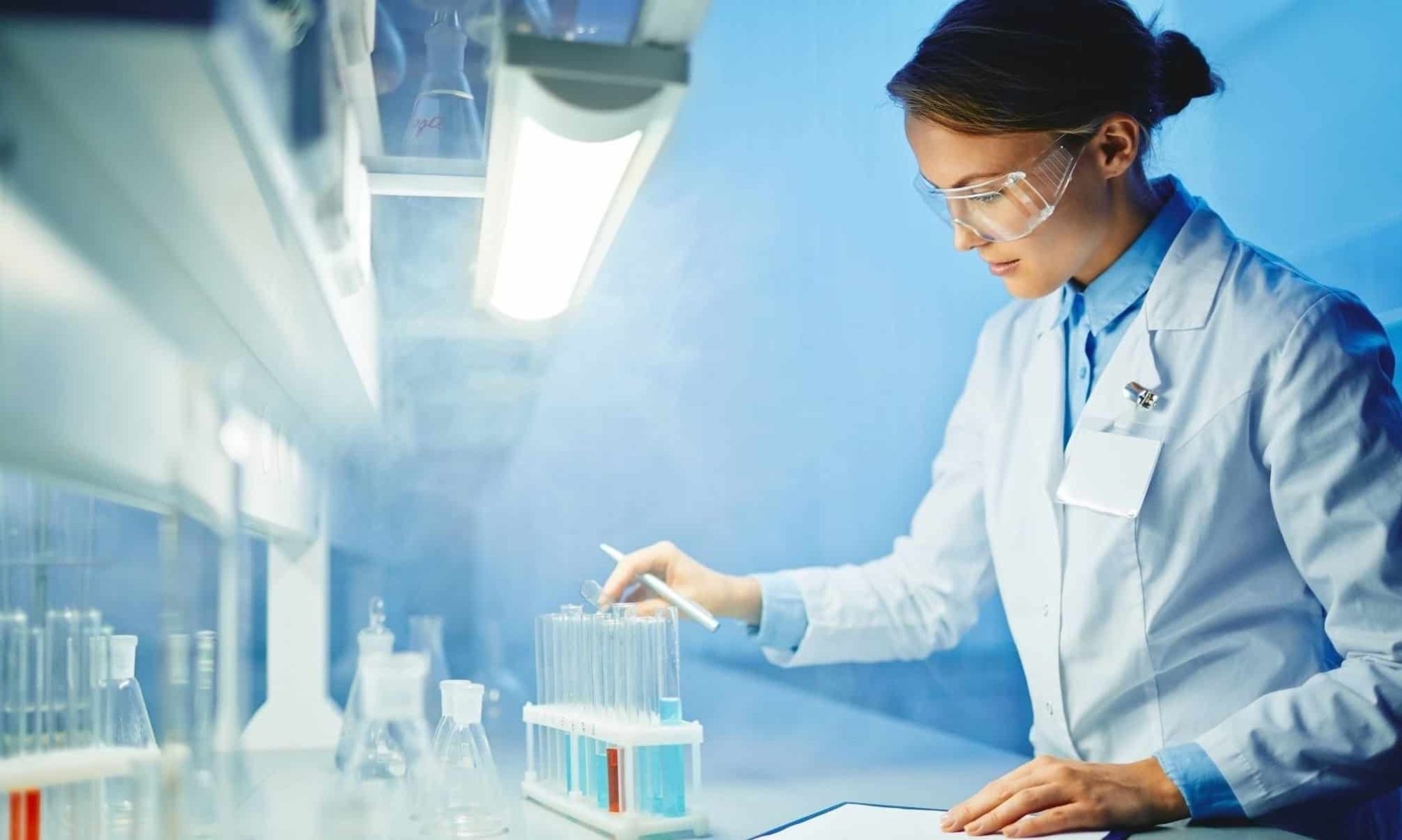Brief History and Explanation
Hormone replacement therapy, or HRT, has its roots in the 1930s when estrogen was used to relieve the symptoms of menopause. Over the next sixty years, HRT for use of menopausal relief became more and more popular. By 1992, a drug called Premarin (which is still on the active market) was literally the most widely prescribed prescription drug in the entire country.
Hormones regulate countless human functions, including growth, metabolism, immune function, reproduction, cognition, emotion and mood. There are countless types of hormones – far too many to list here.
As of today, HRT is used in several different ways. Both women and men can benefit from HRT in various ways. There is, of course, menopausal symptom treatment, but there is also androgen replacement therapy, which treats males who suffer from low testosterone due to many different reasons. There is also transgender hormone therapy, several types of hormonal therapy for cancer, growth hormone therapy, thyroid hormone therapy, and a handful of others that deal with quite specific conditions, such as Cushing’s syndrome.
HRT Today
Here at United Clinical Laboratory, we specialize in hormone replacement therapy for both women and men. While we offer the majority of the aforementioned therapies, we also maintain a focus on the anti-aging aspect of HRT. Now, this doesn’t mean that we can dip you into the fountain of youth. What it does mean is that we can help you regain your former energy levels, we can improve your overall strength, we can heighten your mental awareness, and we can make it so losing weight becomes easier than before.
United Clinical Laboratory (UCL) is more than well-equipped to perform any and all of these therapies. Our HRTs are highly individualized and are developed in close consultation with physicians who specialize in hormone replacement therapy. It is your personal history, your life goals, and your overall health at the time of starting a program which all determine your specific HRT.
Everyone, at any age, can become their best self. UCL is here to ease the process.
Would I Benefit from Hormone Replacement Therapy?
The majority of HRTs for women involve estrogen, and the majority of HRTs for men involve testosterone. For this reason, the answer to the above question must be split into male and female answers. For females, hormonal imbalance (especially of estrogen) can increase risk of ovary failure, cancer, heart disease, diabetes, and other major health complications. If you are female, some signs that you could benefit from HRT include but are not limited to:
- Difficulty sleeping/staying asleep
- Menstrual cycles ending
- Low energy and/or fatigue
- Depression, moodiness, or anxiety
- Decreased muscle strength
- Thinning hair
- Dryer skin than usual
- Difficulty concentrating and/or confusion
- Reduced sexual desire
- Unusual weight gain
- Vaginal dryness
- Muscle or joint pain
- Weight gain despite diet and exercise
We understand that there are some vague symptoms on the list. Please note that if you suffer from one or two of these symptoms, it does not automatically mean that you are a good candidate for HRT. This is why if you are considering HRT, you should have a thorough discussion with one of our specialists. We can help you determine whether or not hormonal therapy is suitable for you. If it is, then obviously we will tailor a therapy program to your specific needs. However, even if it is determined that HRT is not suitable, we can help you develop non-HRT methods.
For those men who may be considering HRT, some of the signs that you could benefit are similar, but testosterone is vastly different from estrogen, and therefore the reasons for men to undergo HRT are quite different.
Males do not experience menopause, which for women is a clearly marked point in their lives at which hormonal balance becomes more common. For men, the steady decline of testosterone levels tends to begin around age 30, never stopping from there. Men who undergo HRT become less susceptible to a large number of diseases, as well as experience a significant energy boost. If you are male, some signs that you could benefit from HRT include but are not limited to:
- A loss of libido (overall sex drive)
- Difficulty achieving/maintaining an erection
- Low energy and/or fatigue
- A loss of muscle mass
- Difficulty concentrating and/or confusion
- Depression, moodiness, or anxiety
- Dryer skin than usual
- Weight gain
- Feeling irritable or unusually antisocial
If you or someone you know, male or female, is experiencing any combination of the symptoms above, HRT may be a viable option for betterment. Of course, a thorough discussion and perhaps bloodwork analysis will be conducted prior to any treatment. Through hormonal treatment that has been being made better since the 1930s, people today can experience a life-prolonging, self-bettering therapy which rejuvenates the mind, body and soul.
Wrapping Up
If you’ve done your research, you may be aware that HRT and anti-aging techniques are for the most part not approved or recognized by either the American Medical Association (AMA) or the Food and Drug Administration (FDA). This doesn’t mean it doesn’t work. The AMA and the FDA are responsible for a meticulous evaluation of all medicines, and cures of any holistic nature tend to be overlooked, in favor of pills or injections. However, there is no prescription pill that can balance your hormones and all the while prevent disease nearly as potent as HRT.
Not to mention, there indeed are several HRT methods that are FDA-approved, and over-the-counter hormone preparations are available on the public market. Hormone replacement therapy is the apex of this type of treatment, and has been labeled as a sort of ‘cure-all’ by many of its proponents.
Please contact us here at United Clinical Laboratory today if you are considering HRT for yourself or for someone you care about. We can answer any and all further questions you may have.

